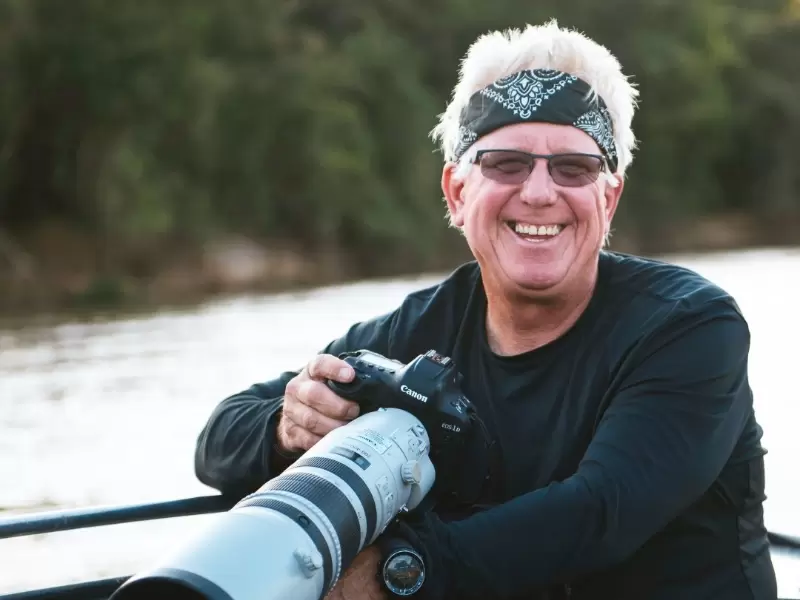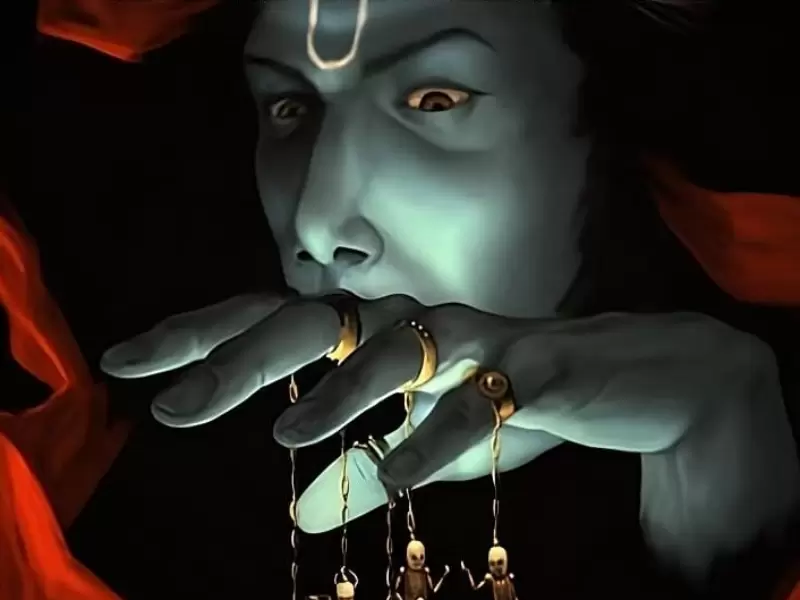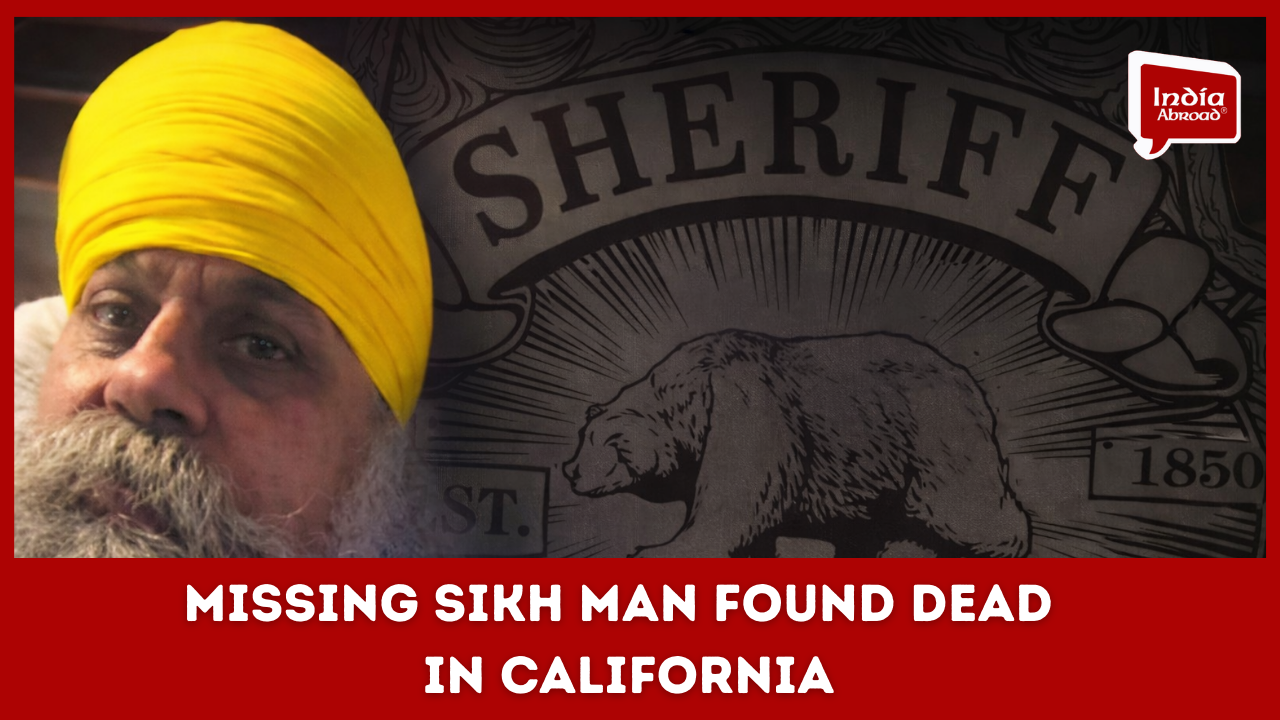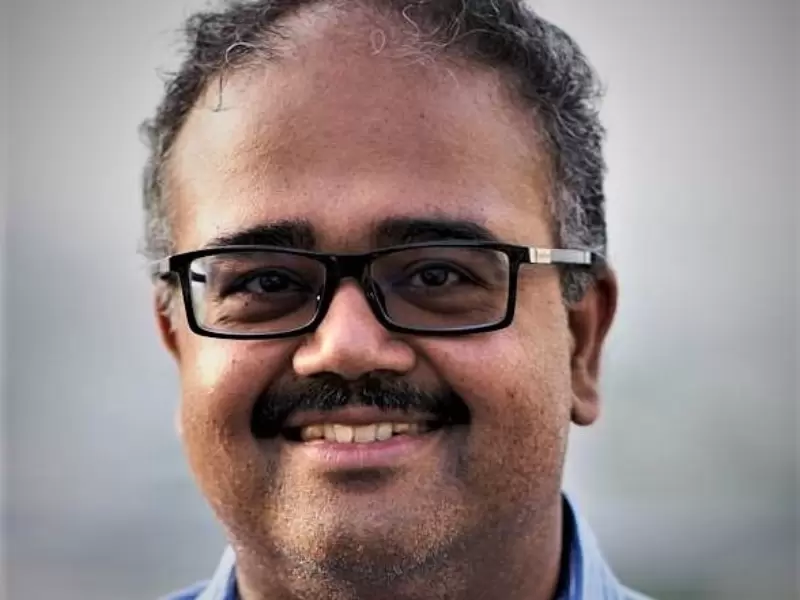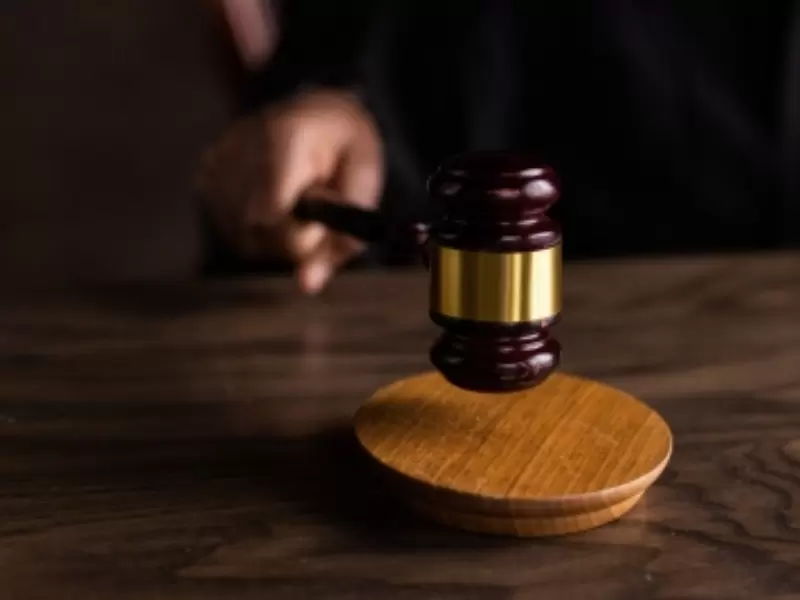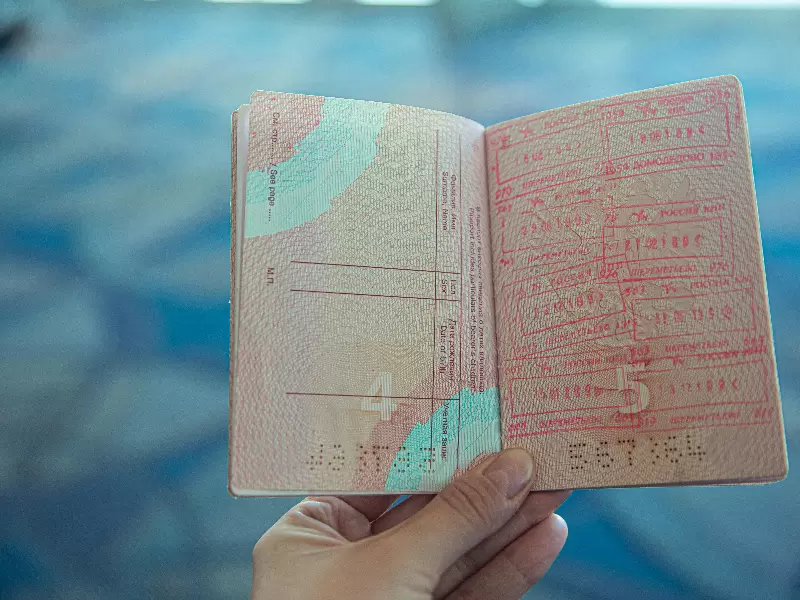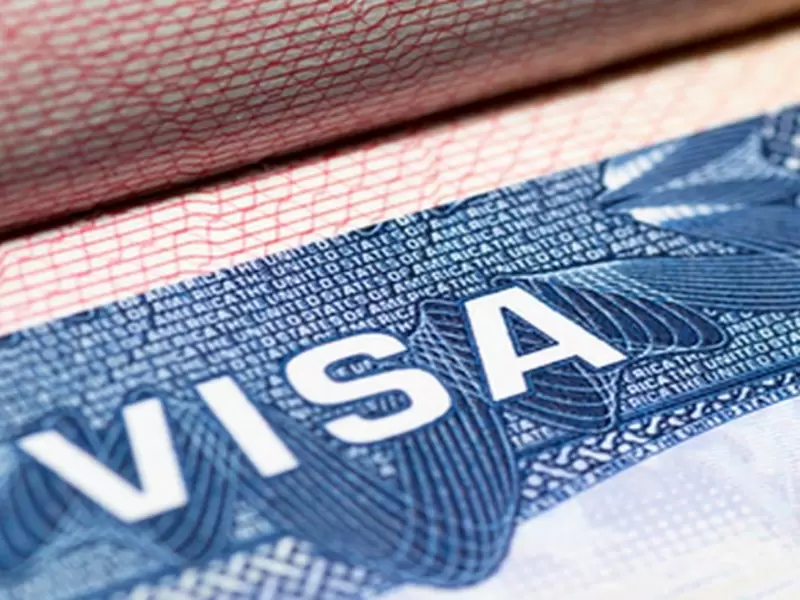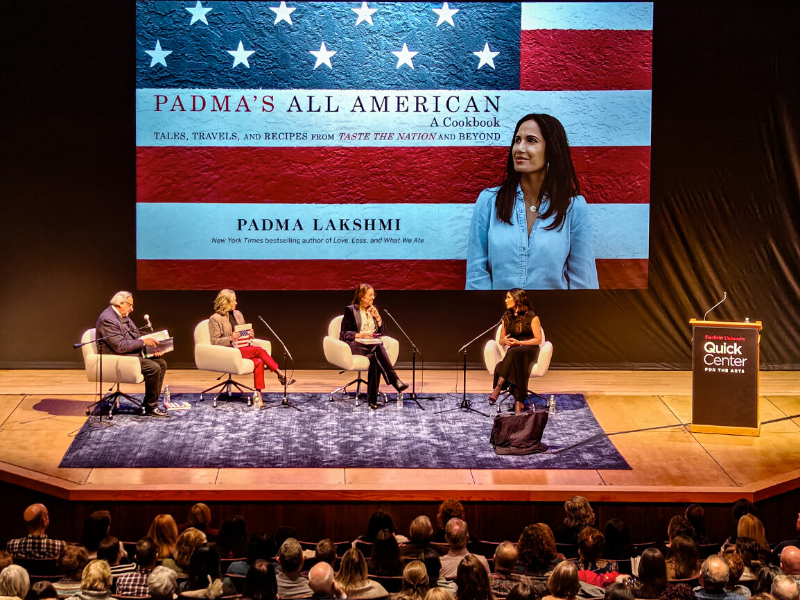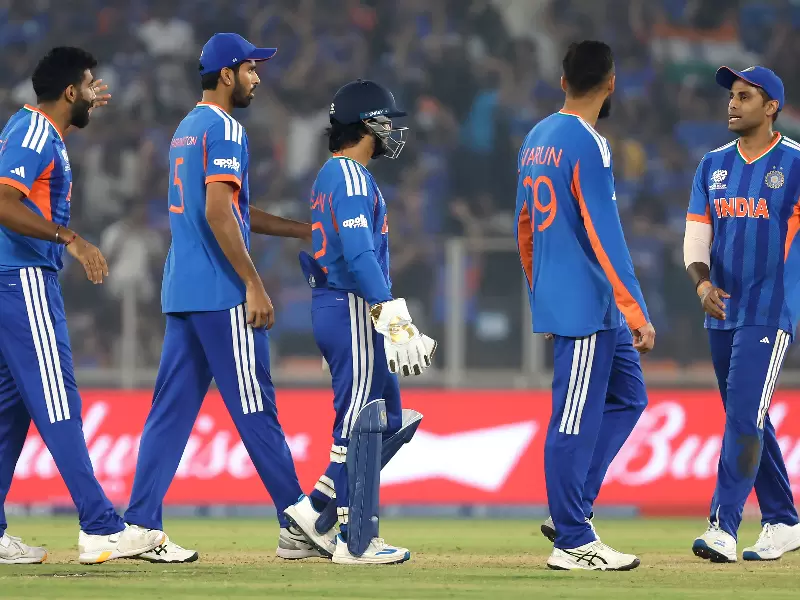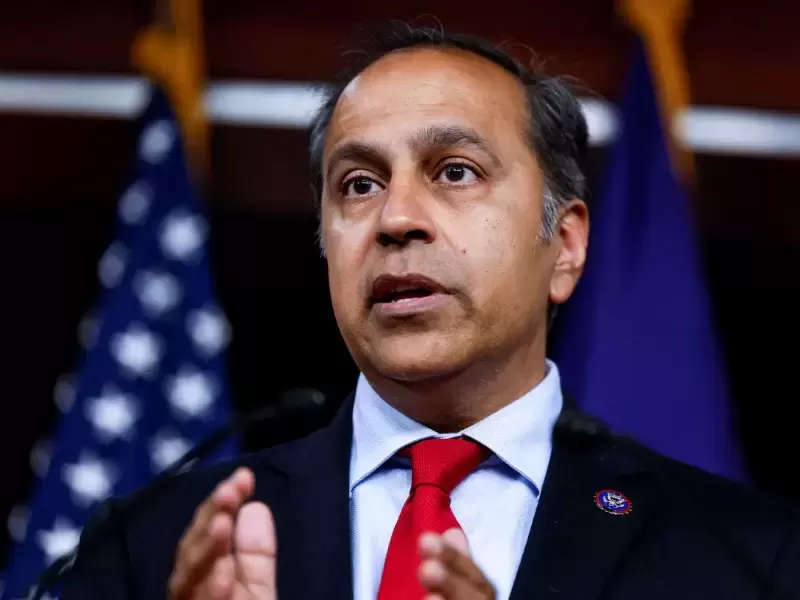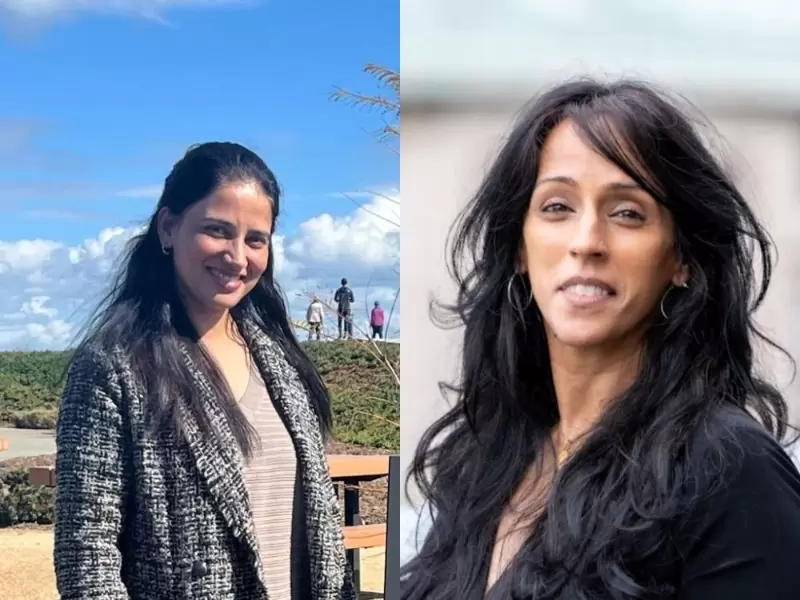POP
See MoreCommunity
See MoreIndiaspora to celebrate women leaders across U.S. nonprofits
The virtual conversation will be themed around local action by women leaders who act as engines of lasting change.
-
The organization described the use of the poster as 'blatant Hinduphobia' and 'bigotry'.
-
The Edison luncheon brought media and community leaders together.
-
Hundreds of people dressed in traditional Indian attire welcomed CM Yogi with a tilak and heartfelt greetings.
ADVERTISEMENT
Videos
View AllOpinion
See MorePeople
See MoreTIME names 2 Indian Americans Women of the Year
TIME said this year’s list reflects a growing sense of urgency around protecting rights and sustaining progress for women and girls.
-
The program seeks to prepare future leaders to address complex national and global challenges.
-
Dodani became the first faculty member from UT Dallas to receive the honor.
-
Ghoshal most recently served as Experity president and COO.
ADVERTISEMENT
Entertainment
See More
Directed by Sanjane Koneshamoorthy, the romantic drama follows a young woman torn between an arranged match and an unexpected emotional bond.
-
Karan said that seeing Dhadak 2 resonate in prestigious academic spaces has been a “great moment of pride” for everyone...
-
Arijit had announced his retirement from playback singing on Jan. 27.
-
She revealed that she keeps a “memory drawer” filled with...
-
'Anbe Diana' not only has Pari Elavazhagan directing it but...
-
ADVERTISEMENT
Immigration
See More-
The USCIS data shows visa decline while Indians remain majority beneficiaries.
-
Prime Minister Mark Carney announced a half‑trillion‑dollar plan to upgrade Canada's military and defense‑related infrastructure over the coming decade.
-
The eVisas would be accessible via UK Visas and Immigration...
-
Several lawmakers acknowledged that foreign-trained physicians form a significant part...
Food
See More-
The new CBS series features 16 top chefs competing for a $1 million prize in a prime-time culinary showdown.
-
Cultural and heritage platforms can function as cultural commons: shared ground where complexity is not a threat, and where the...
-
The Indian-American author and TV host discussed her show Taste the Nation and her new book at the university event.
-
Ambassadors Clubhouse adds a fresh destination to New York City’s...
-
Doosra reimagines classic South Asian flavours with bold American twists
-
The expansion is backed by a marketplace model linking Indian...
-
As the official country partner, India brings over 600 companies...
SPORTS NEWS
See MoreThe India captain rose to the occasion to bring up...
Zimbabwe are eliminated from the competition while confirming South Africa's...
The CCL National Champion will receive US $10,000 during the...
Kotak confirmed that the batter will return to Chennai on...
News
See More-
ADVERTISEMENT
Please enter something
- Asian Americans
- Biz
- Books
- Canada
- Community
- Culture
- Dating
- Diplomacy
- Diwali
- Editor picks
- Editorial
- Explainers
- Fashion
- Features
- Food
- Immigration
- India
- India Decides '24
- India Independence Day
- Letters to the Editor
- Life
- Maha Kumbh
- Movies+
- News
- Opinion
- People
- Ram Mandir
- Reviews
- Rooted and Roaming
- Sports
- Spotlight
- Tech
- Travel n’ Diplomacy
- Trump 2.0
- UK Votes 2024
- US Elections 2024
- USA
- West Coast






